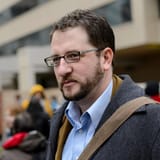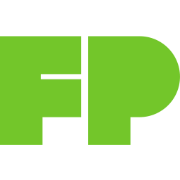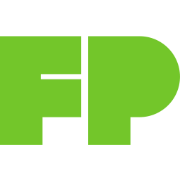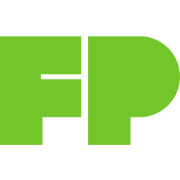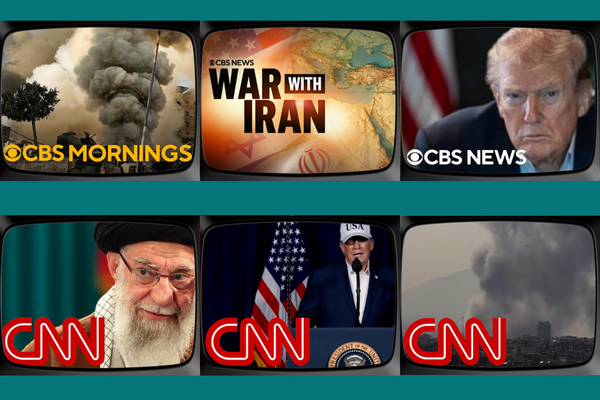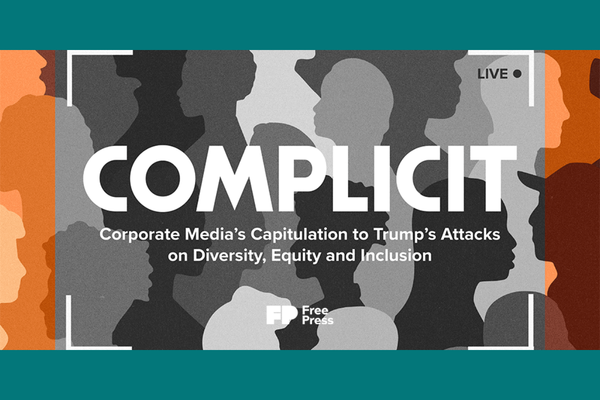What Bob McChesney Taught Me
“If you act like change for the better is impossible, you guarantee it will be impossible.”
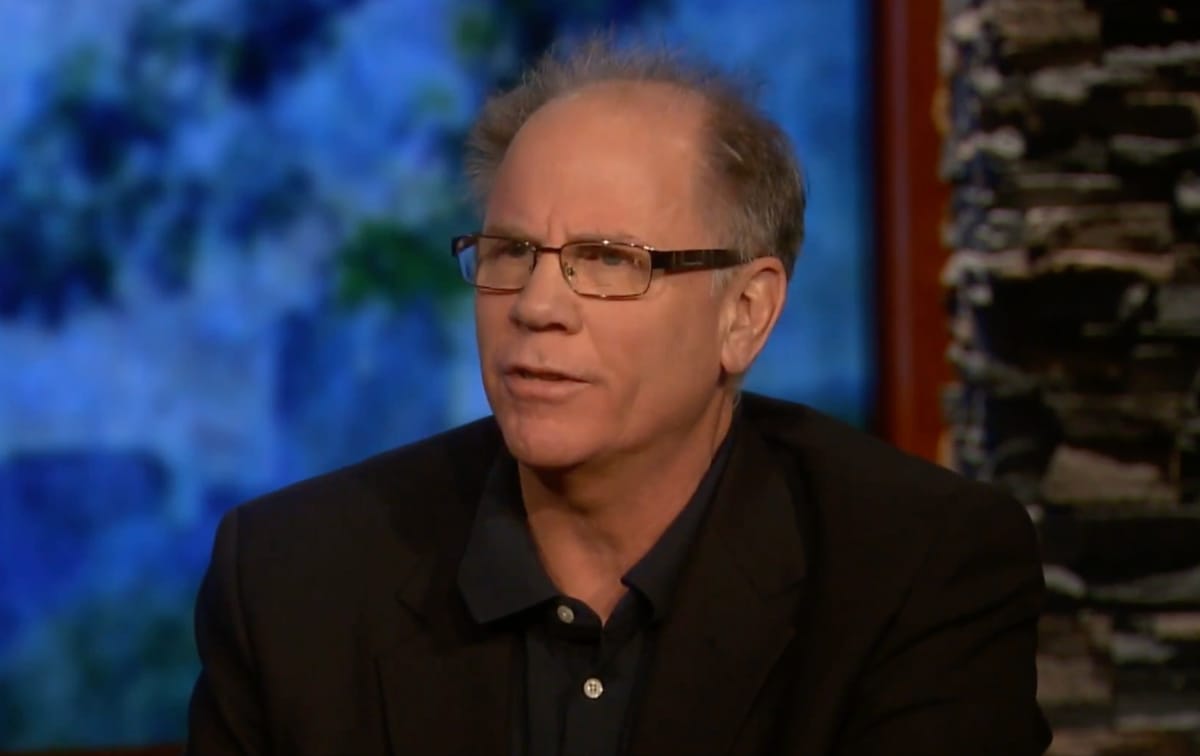
I traveled to Wisconsin over the weekend to attend a celebration of life for Robert W. McChesney, the esteemed media scholar and Free Press co-founder.
He was my mentor and friend.
Bob died in March. On Saturday, dozens of Bob’s family members, friends, neighbors and colleagues gathered in Madison. There were tears but more laughter, much talk of political economy and even more conversation about his beloved Cleveland Browns.
The best part was hearing about Bob’s life away from academia and activism as a husband, father, uncle and friend. To hear about the joy and silliness he shared with his kids and younger cousins. To hear about his softball exploits (“he could turn a triple into a single”) and his post-college adventures selling ads for The Rocket in Seattle — and trying to sneak into the Seahawks’ press box.
The second-best part was spending hours over meals and more than a few rounds of Spotted Cow with a group of Free Press co-founders, early-days alums and other co-conspirators. We talked about how Bob was always publishing books 10 years too early (he coined the term “surveillance capitalism” and warned us to prepare for AI long before the advent of ChatGPT). We shared gratitude for the privilege to put our heads together with his, and we remembered all the times we argued he was wrong only to realize years later that he wasn’t.
As I started writing this piece on the flight back to occupied Washington, D.C., I found myself wishing, as I have many times over the past five months, that Bob was still here to help us find our way out of this mess.
But his work and his words do offer us a guide.
“Change the media to change the world.”
Penn Professor Victor Pickard, one of Bob’s former graduate students and now the board chair of Free Press, spoke at the Saturday ceremony. “Bob was that rare scholar for whom it wasn’t enough to study the media as it is. For him, the point of studying media was to change it, to serve social justice and democracy, not just corporate profits. He wanted to change the media to change the world.”
Almost 15 years ago, Free Press put together a huge conference with that theme. We shelved it because we worried it might feel too lofty or grandiose. We need to bring the idea back. Our opponents on the right have long understood that seizing the media is key to remaking the world in their image. Reclaiming the world — and literally saving the planet — will require a transformation of the media system.
U.S. corporate media is like “Hyman Roth is cutting up slices of the cake.”
If Bob had a favorite analogy, it had to be this one from The Godfather Part II. You know the scene: Michael Corleone is sitting on a roof in Havana with the rest of the mobsters as Hyman Roth hands out territory along with slices of cake. While Roth is dividing up the island, he says: “This kind of government knows how to help business.”
As Bob said many times: “That’s really how media policymaking gets done in this country. Extraordinarily powerful lobbies behind closed doors are fighting it out to divide up this cake. And while they’re fighting each other for the biggest slice of the cake, the one thing they all agree upon is, it’s their cake and no one else gets a slice.”
“Unless the collapse of local journalism is addressed directly and successfully, it is impossible to see how the threat of a more authoritarian future can be subdued.”
Bob and his longtime co-author John Nichols wrote that line back in 2022, in one of the last major pieces that I collaborated on with them. Bob always understood that the fates of democracy and local journalism were intertwined.
While too many others debated broken business models, tinkered around the edges or dreamed of benevolent billionaires who never materialized, Bob showed why democracy-sustaining media needs to be locally controlled, noncommercial and, yes, subsidized by the government with public dollars.
“That’s what Bob was working on until the end,” Pickard said. “Finding a way to publicly fund local journalism to build a media system based on democracy, not run-amok capitalism.”
“Throw the puck down to the other end of the ice.”
For whatever reason, this is the quip from Bob that’s always stuck in my head, maybe because it’s so quintessentially him: a plain-spoken sports metaphor as an invitation to bold change.
“Unless you can give people a vision of something dramatically better, you’re not going to build a movement,” he said when I interviewed him for Free Press’ 20th anniversary in 2024. “We need something that’s going to inspire people who aren’t investors, who don’t have another dog in the race, who aren’t lobbyists. That is not working. We’ve got to throw the puck down to the other end of the ice, as I like to say — their end of the ice, not the one where we are getting our butts kicked.”
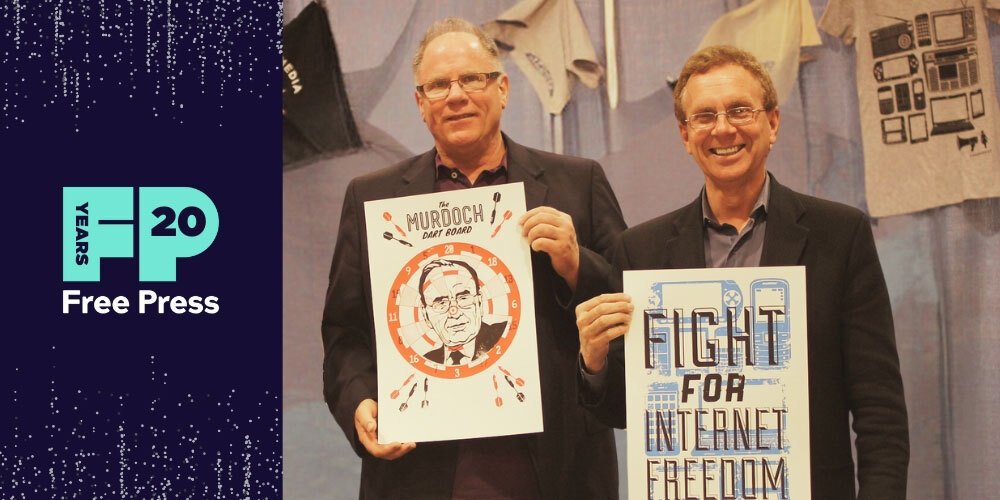
“If you act like change for the better is impossible, you guarantee it will be impossible.”
Bob wasn’t really an optimist — not when it came to media executives or politicians, anyway. But, as John Nichols reminds us, he had great faith in popular movements and believed that we are standing in fertile topsoil capable of growing something new and powerful if we just plant the right seeds. He was always hopeful.
As I sit here now at my desk covered in dog-eared and underlined copies of Bob’s books, googling old interviews and searching through our old email exchanges, I am buoyed by his hopefulness, his wisdom, his vision.
“This vision offers us an opportunity to not just remember and celebrate but to build on Bob’s legacy,” Pickard said. “To not just critique media as it is, but to work toward creating an entirely new system from the ground up.”
The best way to honor and remember him will be to continue his work.
Teamwork
We have the best colleagues. Here’s what they’re up to:
As I wrote here last week, local-TV broadcasters are striking a devil’s bargain with the Trump FCC that trades their editorial independence for more consolidation. The rumored deal between local-TV giants Nexstar and TEGNA is now a reality. This blatantly illegal deal shows that broadcasters are betting FCC Chairman Brendan Carr will bend or ignore the law — and the will of Congress — as long as local TV boosts Trump.
This deal should never go through. “While the owners of TEGNA would walk away with a multibillion-dollar payout at the conclusion of this deal with Nexstar,” Free Press Co-CEO Jessica J. González said today, “the public would get stuck holding the bag.”
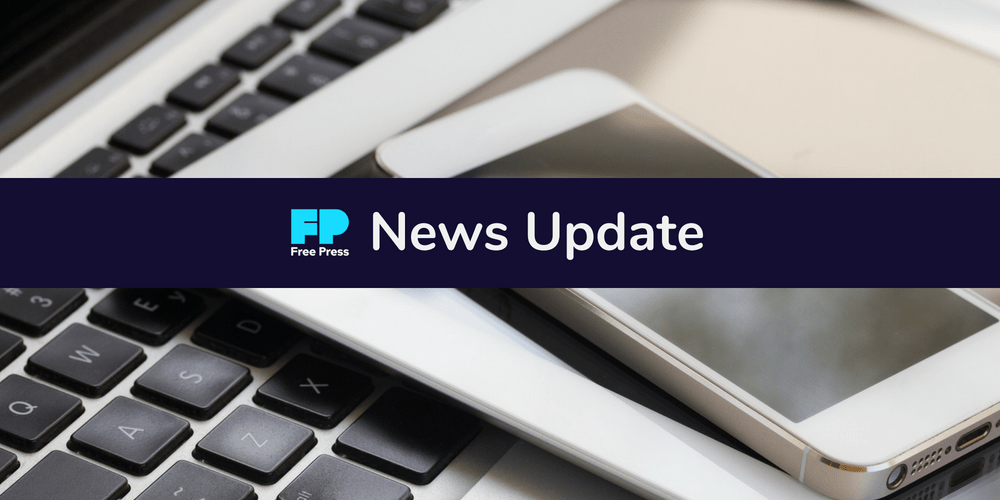
Fortunately, there is still some good news to share about local news. My colleagues Vanessa Maria Graber and Qing Saville wrote up this great rundown of all the things our team is doing all across the country. “We’re building a movement of visionaries who are developing solutions to the challenges we’re facing,” they write. “The networks that we’re forming are generating power and momentum, and they’re inspiring a new wave of media activism that is creating the infrastructure for the future of journalism we all believe is possible.”
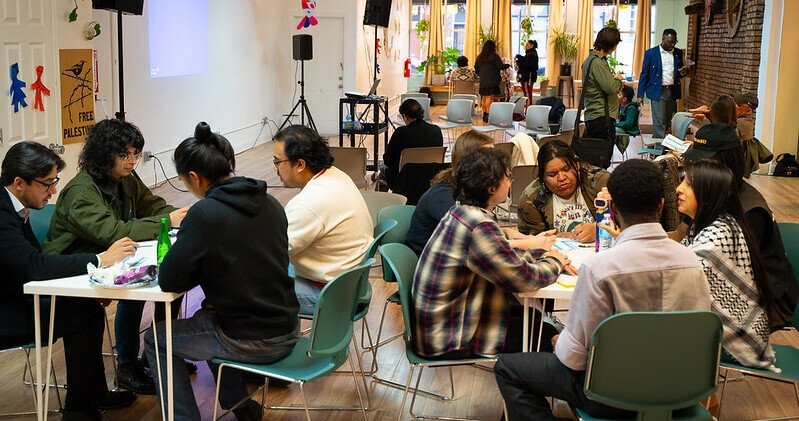
The kicker
“The information void created by the disappearance of local news media provides the opportunity for propagandists, charlatans, and enemies of democratic governance to enter the fray and warp public discourse, with the goal of confounding the public and rendering it either powerless or putty for the propagandists.” — Robert W. McChesney and John Nichols, To Protect and Extend Democracy, Recreate Local News Media
About the author
Craig Aaron is the co-CEO of Free Press and Free Press Action and a guy with two first names. Follow him on Bluesky.
